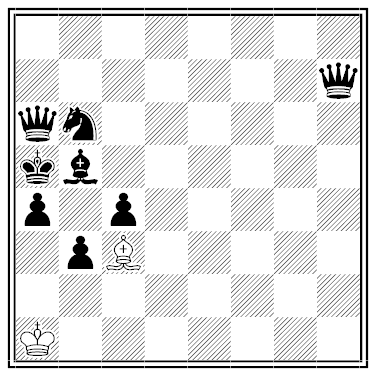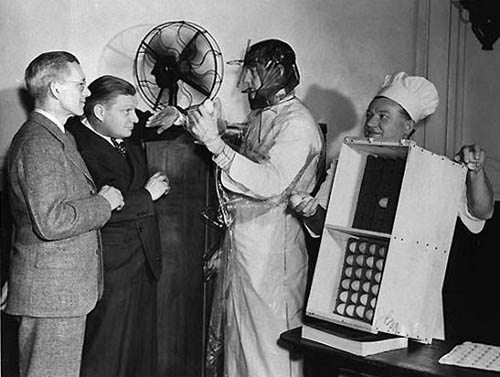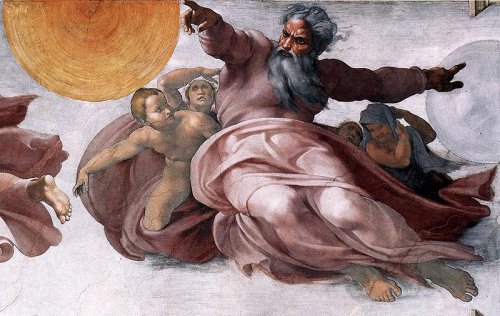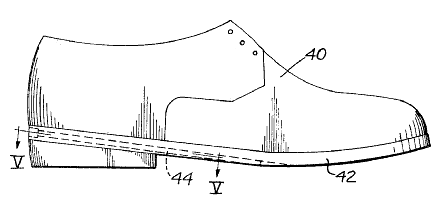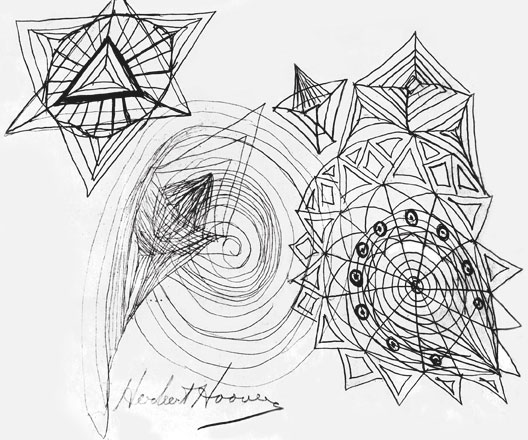The chess clubs of Paris and Marseilles played a dramatic correspondence game in 1878. As White, Paris agreed to play without a queen. In return, Marseilles undertook to lose — to force Paris to checkmate them. Impressively, Marseilles succeeded:
1.d4 d5 2.Nc3 c6 3.Nf3 g6 4.e4 e6 5.e5 Bb4 6.Bd2 Bxc3 7.Bxc3 b5 8.h4 h5 9.0-0-0 a6 10.Ng5 f5 11.g3 Nh6 12.Bd3 Nf7 13.Bxf5 gxf5 14.Nxf7 Kxf7 15.Bd2 Nd7 16.Rhe1 c5 17.dxc5 Nxc5 18.Bg5 Qg8 19.Re3 Bb7 20.Rc3 Rc8 21.Be3 Nd7 22.Bd4 Rxc3 23.bxc3 a5 24.Kd2 a4 25.Rb1 Ba6 26.Rg1 Qg4 27.Rb1 Rc8 28.Rb4 Rc4 29.Rxc4 dxc4 30.a3 f4 31.Kc1 fxg3 32.fxg3 Qxg3 33.Kb2 Qxh4 34.Kc1 Qe1+ 35.Kb2 Qd1 36.Ba7 Nxe5 37.Bc5 h4 38.Bd4 Nc6 39.Be3 e5 40.Bf2 h3 41.Bg3 e4 42.Bf4 Ke6 43.Bg3 e3 44.Bf4 e2 45.Bg3 Kd7 46.Bh2 e1(Q) 47.Bf4 Qee2 48.Bg3 Qdxc2+ 49.Ka1 Qf1+ 50.Be1 Qd2 51.Kb1 h2 52.Ka1 h1(Q) 53.Kb1 Qf8 54.Ka1 Qxa3+ 55.Kb1 Qad6 56.Ka1 Qf6 57.Kb1 Kc7 58.Ka1 b4 59.Kb1 b3 60.Ka1 Kb6 61.Kb1 Ka5 62.Ka1 Ne7 63.Kb1 Nc8 64.Ka1 Bb5 65.Kb1 Qa6 66.Ka1 Nb6 67.Kb1 Qh7+ 68.Ka1
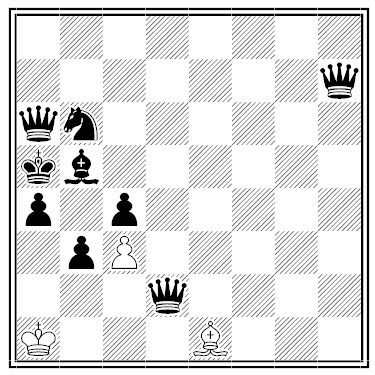
68. … Qxc3+ 69.Bxc3#
